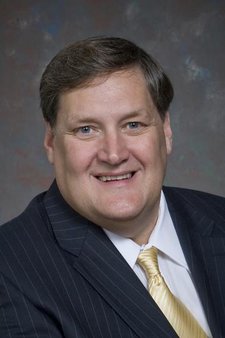2025 Key Numbers for Health Savings Accounts
The IRS recently released the 2025 contribution limits for health savings accounts (HSAs), as well as the 2025 minimum deductible and maximum out-of-pocket amounts for high-deductible health plans (HDHPs).
What is an HSA?
An HSA is a tax-advantaged account that enables you to save money to cover health-care and medical costs that your insurance doesn't pay. The funds contributed are made with pre-tax dollars if you contribute via payroll deduction or are tax deductible if you make them yourself using after-tax dollars. Withdrawals used to pay qualified medical expenses are free from federal income tax.
You can establish and contribute to an HSA only if you are enrolled in an HDHP, which offers "catastrophic" health coverage and pays benefits only after you've satisfied a high annual deductible. Typically, you will pay much lower premiums with an HDHP than you would with a traditional health plan such as an HMO or PPO.
If HSA withdrawals are not used to pay qualified medical expenses, they are subject to ordinary income tax and a 20% penalty. When you reach age 65, you can withdraw money from your HSA for any purpose; such a withdrawal would be subject to income tax if not used for qualified medical expenses, but not the 20% penalty.
HSA contributions, earnings, and withdrawals may or may not be subject to state taxes; most states with an income tax follow the federal tax rules for HSAs.
What's changed for 2025?
Here are the updated key tax numbers relating to HSAs for 2024 and 2025.
| Health Savings Accounts | 2024 | 2025 |
| Annual contribution limit | ||
| Self-only coverage | $4,150 | $4,300 |
| Family coverage | $8,300 | $8,550 |
| High-deductible health plan: self-only coverage | ||
| Annual deductible: minimum | $1,600 | $1,650 |
| Annual out-of-pocket expenses required to be paid (other than for premiums) can't exceed | $8,050 | $8,300 |
| High-deductible health plan: family coverage | ||
| Annual deductible: minimum | $3,200 | $3,300 |
| Annual out-of-pocket expenses required to be paid (other than for premiums) can't exceed | $16,100 | $16,600 |
| Catch-up contributions | ||
| Annual catch-up contribution limit for individuals age 55 or older | $1,000 | $1,000 |



